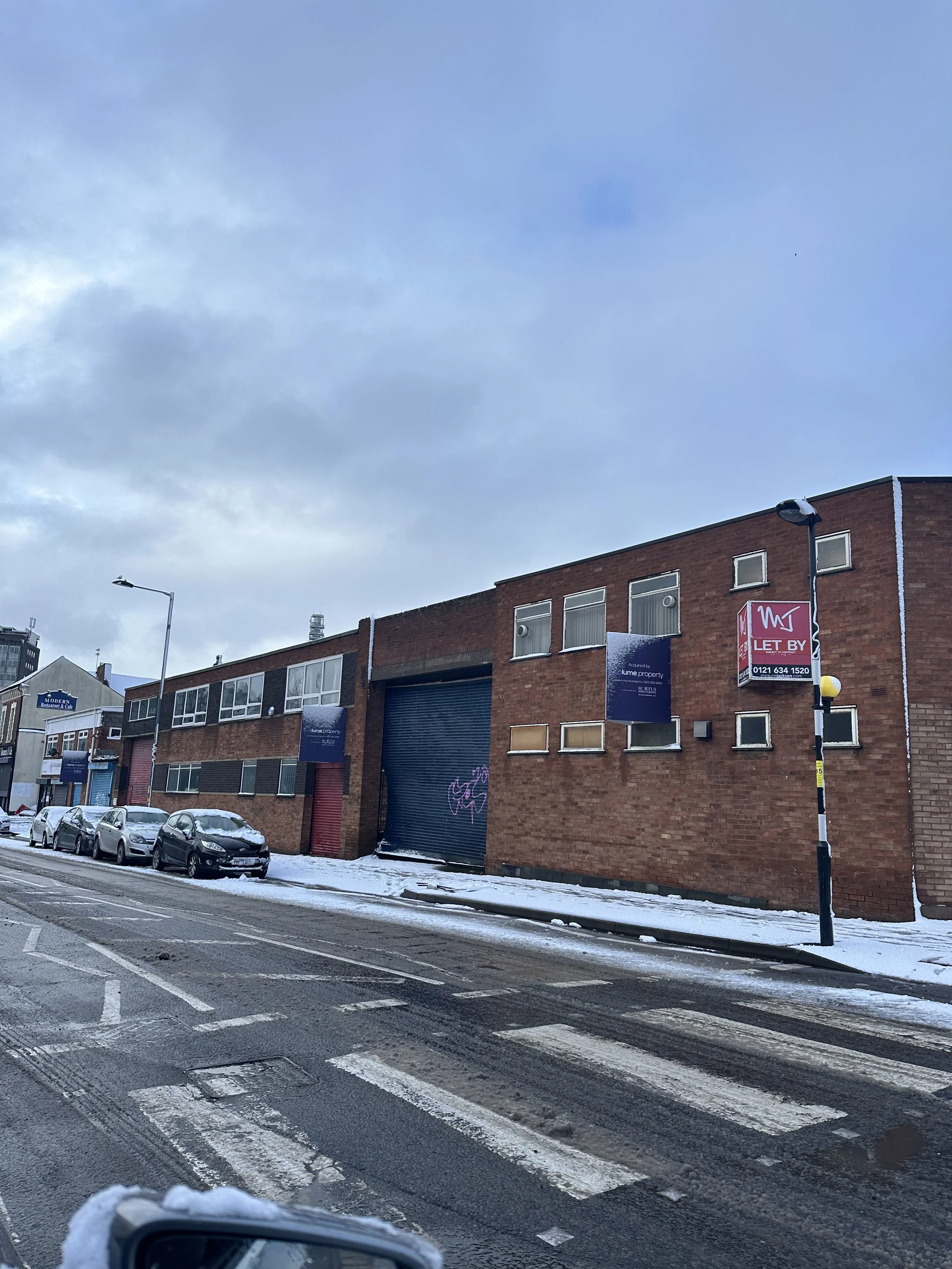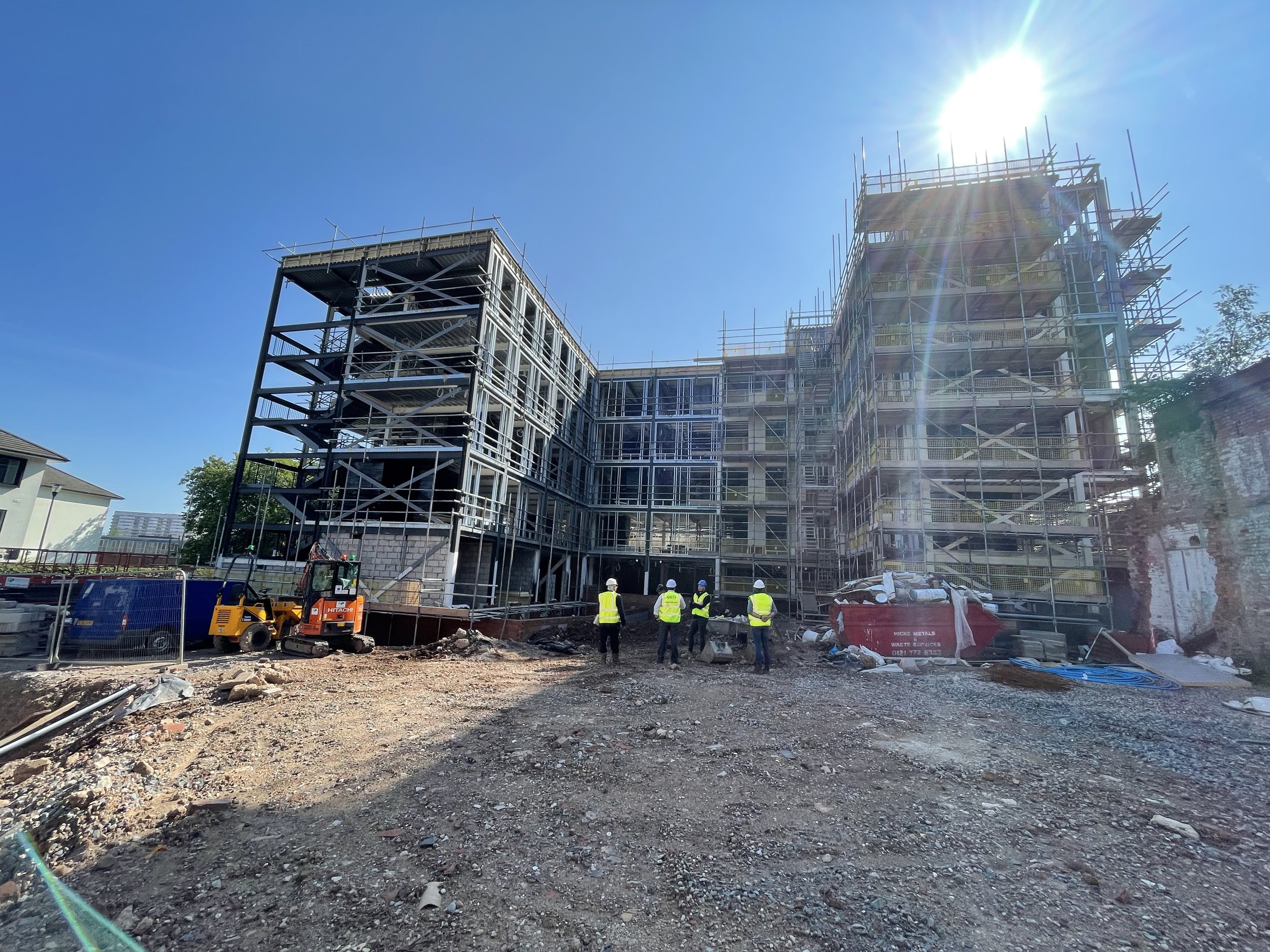Property developers play a pivotal role in shaping the cities and neighborhoods we live in. In this article, we will delve into the influential role of developers and explore how they contribute to urban development, economic growth, and community enhancement. Through thoughtful design, infrastructure development, and placemaking, developers have the power to create sustainable, vibrant, and livable spaces that shape the future of our cities and neighborhoods. Join me as we discuss the responsibilities, challenges, and opportunities that developers face in this transformative role.
Urban Development and Economic Growth:
Property developers are key drivers of urban development and economic growth. By identifying development opportunities and investing in underutilized areas, developers can revitalize neighborhoods, create jobs, and attract further investment. Through the construction of residential, commercial, and mixed-use developments, developers contribute to the expansion and enhancement of cities, catalyzing economic activity and fostering a vibrant urban fabric.
Thoughtful Design and Placemaking:
Developers have the unique opportunity to shape the physical landscape of cities and neighborhoods through thoughtful design. By incorporating elements such as green spaces, pedestrian-friendly infrastructure, and mixed-use developments, developers can create places that encourage social interaction, connectivity, and a sense of community. Placemaking initiatives, such as public art installations, gathering spaces, and community amenities, further enhance the quality of life and create vibrant, inclusive environments.
Creating Sustainable and Livable Spaces:
Sustainability is a growing priority in property development, and developers play a vital role in creating sustainable and livable spaces. By adopting green building practices, incorporating energy-efficient technologies, and prioritizing environmentally friendly designs, developers contribute to reducing the environmental impact of urbanization. Additionally, creating mixed-income housing, providing affordable housing options, and considering the needs of diverse populations contribute to creating inclusive and livable communities.
Community Engagement and Social Impact:
Successful developers recognize the importance of community engagement and the social impact of their projects. Engaging with local communities, understanding their needs, and involving them in the planning process fosters a sense of ownership and creates spaces that reflect the desires and aspirations of the community. Developers can contribute to the social fabric by supporting local businesses, promoting cultural diversity, and investing in social infrastructure that benefits residents.
Challenges and Opportunities:
Property developers face various challenges in their mission to shape cities and neighborhoods. These challenges include navigating complex regulations, managing stakeholder expectations, and addressing issues of affordability and sustainability. However, these challenges also present opportunities for innovation, collaboration, and creative problem-solving. By embracing these opportunities, developers can pioneer new approaches, leverage technology, and forge partnerships to create positive, long-lasting change.
Conclusion:
Property developers play a critical role in shaping cities and neighborhoods. Through urban development, thoughtful design, and community engagement, they contribute to the growth, vibrancy, and livability of our urban areas. By embracing sustainability, fostering social impact, and addressing the diverse needs of communities, developers have the power to create places that inspire, connect, and enhance the lives of residents. With responsible and forward-thinking practices, developers can shape cities and neighborhoods that stand as testaments to the transformative power of their work and leave a lasting legacy for generations to come.



